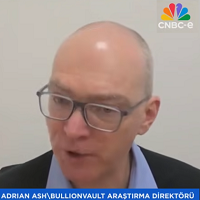Cat Meets Pigeons in London Fix Regulation
"Expert assessments of price should be seen as valid/legitimate, but only if they can be proved. At present, the Commission [ie, regulators like BaFin] accept self-monitoring by the market. But the relevant data should be clearly documented and checked by an independent, private control body."









 Email us
Email us